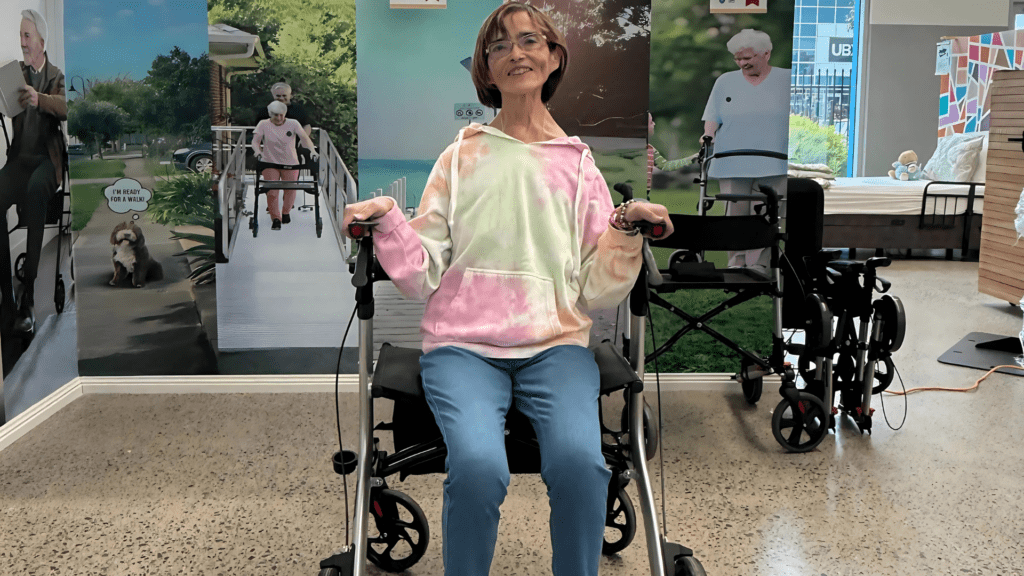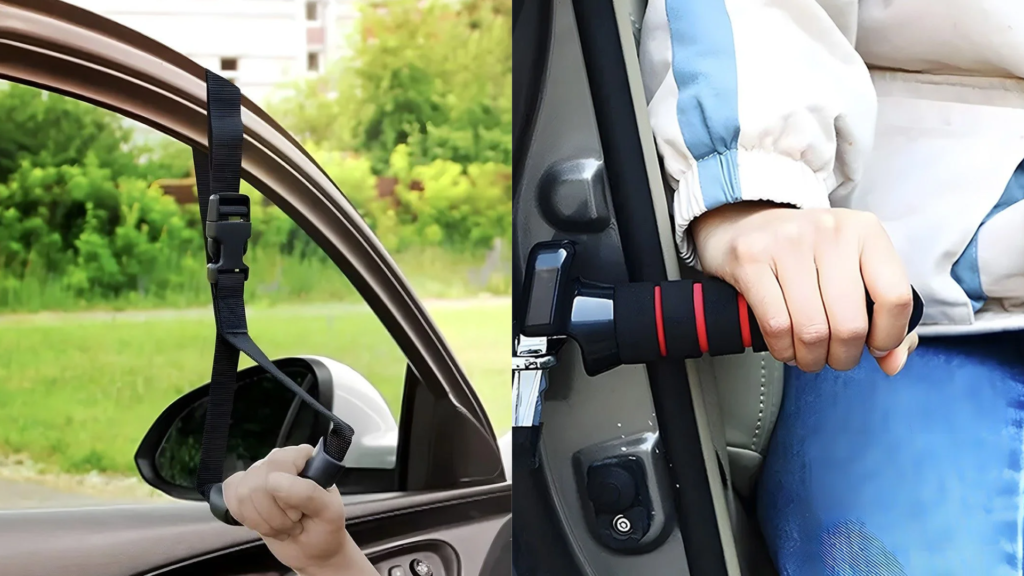Introduction: Why Time Matters for Independent Living
Timekeeping is a central part of everyday life. From waking up on time to remembering appointments and medications, knowing the time helps us stay organised. For visually impaired individuals and many seniors, reading a standard clock or small digital display is not always possible. Talking clocks provide an accessible solution, offering independence and reassurance without relying on others. At Carewithus, we supply a wide range of daily living aids to support seniors, carers, and families across Victoria.
What Are Talking Clocks and How Do They Work?
Talking clocks are specially designed assistive devices for elderly and visually impaired people. At the press of a button, the clock announces the time aloud in a clear voice. Many models also include alarms, reminders, and adjustable volume. Some even feature large tactile buttons for easier use by those with reduced dexterity. These clocks act as reliable aids for daily living, bridging the gap between technology and accessibility.
Challenges Faced by the Visually Impaired Without Accessible Time Devices
Without a talking clock, visually impaired individuals often depend on carers or family members to check the time. This can reduce independence and make daily routines more difficult. Tasks such as taking medications, attending appointments, or preparing meals at the right time may become stressful. Standard watches or small clocks are not practical for those with low vision, and smartphones may be too complex for some elderly users.
Benefits of Talking Clocks for Seniors and People with Disabilities
Talking clocks support independence, reduce reliance on others, and improve confidence. Some of the key benefits include:
- Accessibility: Large buttons and voice announcements ensure easy use.
- Routine Management: Alarms help with reminders for meals, medications, or appointments.
- Reduced Anxiety: No need to guess or depend on others for the time.
- Confidence: Seniors feel more secure managing their own day.
These advantages make talking clocks an important part of aged care equipment and independent living aids.
Talking Clocks as Part of Daily Living Aids
Talking clocks are one of many tools available to improve independence for the elderly and those with disabilities. Products such as the Wireless Caregiver Pager, Door Alarm, and Double Handled Cup also reduce daily challenges and support safer living.
At Carewithus, our daily living aids collection includes a wide range of solutions, from dressing aids like the Sock Holder and Dressing Stick to mobility supports like the Leg Lifter. Each product is designed to make everyday tasks simpler and less stressful.
Other Useful Aids That Support Independent Living
For visually impaired and elderly individuals, independence is not just about telling the time. Additional disability aids such as the Grabber Reacher and Car Assist Handle Set help with reaching or moving safely. Elderly Care Bowls and the Nursing Cup with Straw support independent dining. Together, these items provide a complete solution for home care equipment needs.
Choosing the Right Talking Clock for Your Needs
When selecting a talking clock, consider the following:
- Ease of use: Large buttons and clear controls.
- Volume and Clarity: Adjustable sound levels for different hearing abilities.
- Features: Some models include alarms, reminders, or temperature readings.
- Portability: Options are available for bedside use or travel.
Speaking with an occupational therapist can also help in selecting the right device, especially for individuals with additional mobility or hearing challenges.
Support Through NDIS and Aged Care Funding in Victoria
In Victoria, many NDIS approved aids and aged care assistive devices are available under funding support programs. Talking clocks and similar aids often qualify as assistive technology in Victoria, reducing the cost for participants. Programs like SWEP also provide access to approved disability equipment in Victoria, making these essential devices more affordable. If you’re unsure about eligibility, our Carewithus team can guide you through the process.
Conclusion
Talking clocks are more than just timekeeping devices—they are a symbol of independence for seniors and visually impaired individuals. Alongside other aids for the elderly and independent living aids, they play a vital role in daily routines. With the support of NDIS and aged care funding, these practical solutions are accessible for many people across Victoria.
FAQs
- How does a talking clock help visually impaired individuals?
A talking clock announces the time aloud, making it accessible for people who cannot read standard displays. - Can seniors with arthritis also benefit from talking clocks?
Yes, many models have large tactile buttons that are easy to press, making them suitable for those with arthritis. - Are talking clocks covered by NDIS in Victoria?
Yes, many talking clocks are recognised as NDIS approved aids under assistive technology support. - What other aids support visually impaired seniors?
Products like the Wireless Caregiver Pager and Safety Portable Locks are excellent additional aids. - Where can I buy talking clocks and other independent living aids?
You can visit our store to find a full range of elderly care products and home care aids.


